We keep bees in Warre hive which is a French system inspired from the traditional skep beekeeping. The bees are provided with empty boxes and they self build their own natural combs. The native Irish black bees are naturally selected (Darwinian selection) and we only take the surplus honey if possible, leaving plenty of stores for the winter. This is a very good system to "rewild" the native black honey bee. They are not fed with sugar and there are no treatments done. The natural honey combs are crushed and pressed which gives us a unique product. We keep around 10 to 15 colonies of Irish Black Bees, the native Irish subspecies of Apis mellifera mellifera. To avoid varroa and competition with other pollinators, we put the hive by groups of 1 to 3 and we have 8 small apiaries scattered in prime locations where no tillage (oil seed rape or fodder beans) could affect the well being of the bees and the quality of our honey. The result has been amazing and in 2018 we had only 6% winter/spring losses without feeding/treatment/intrusive management practices. We lost 1 hive out of 16! Which is still too much when you consider than average losses of Black bees in the French conservatoire of Ouessant in Brittany is only 3%. A goal to aim for!
It is a full day course. It starts at 10am and finishes at 3pm
The cost of this course is 90 euro per person
What is covered during the day:
Basics of a Bee Nest
Construction (Warre system and Delon system, Japanese system)
How to preserve the hive with lindseed oil and beewax
Starting from scratch (AMM, location, where to buy)
Some basics (split, shook swarm, varroa, winter stores)
No treatment, no sugar feeding
Tools
Bait hives (how to use them)
Driving bees with smoke and sound
Honey harvest (press, mead)
Wax (rendering)
Propolis (make a varnish, protect your plants)
Pollen (leave it to the bees)
Mead and honey cake
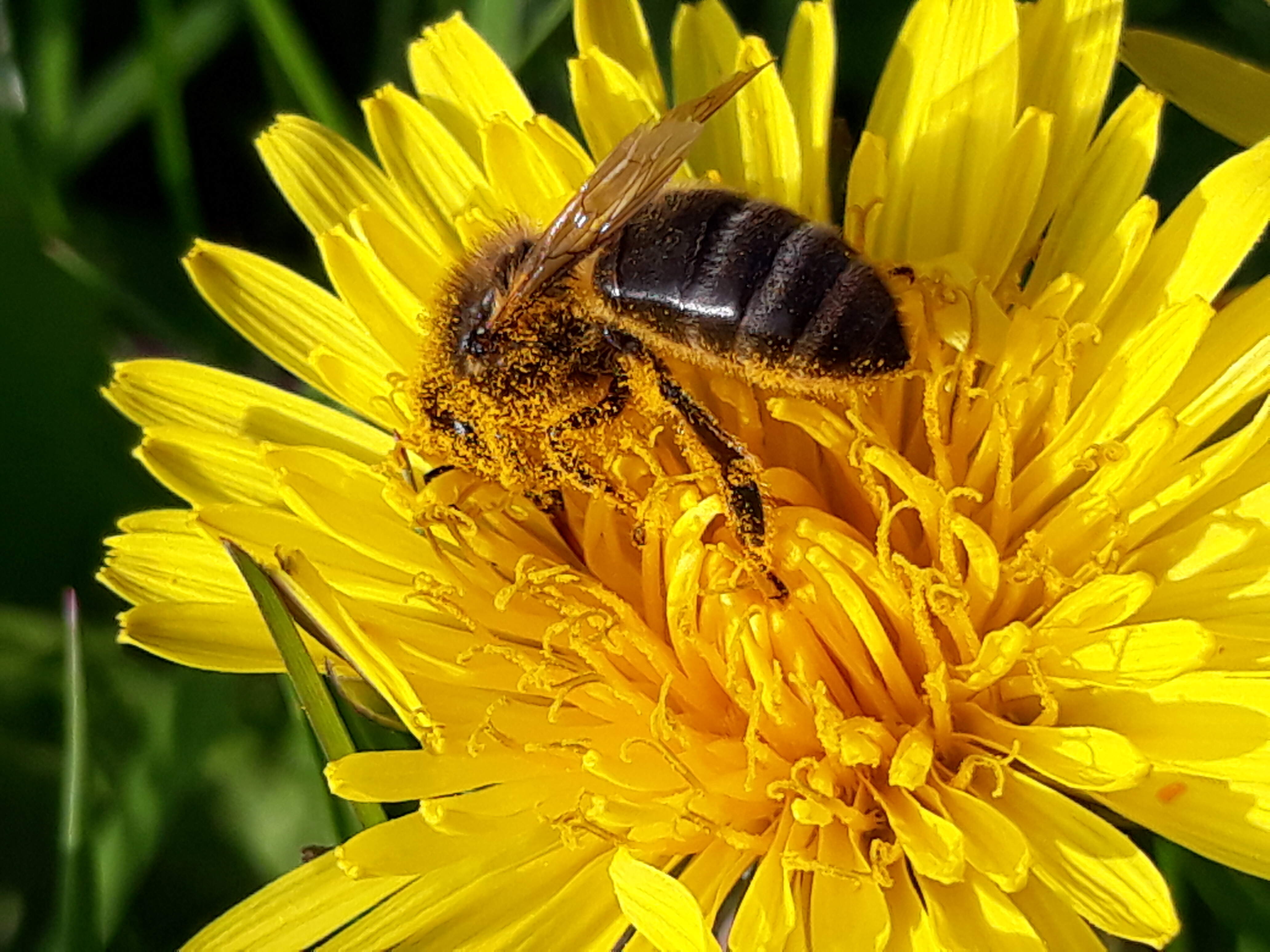
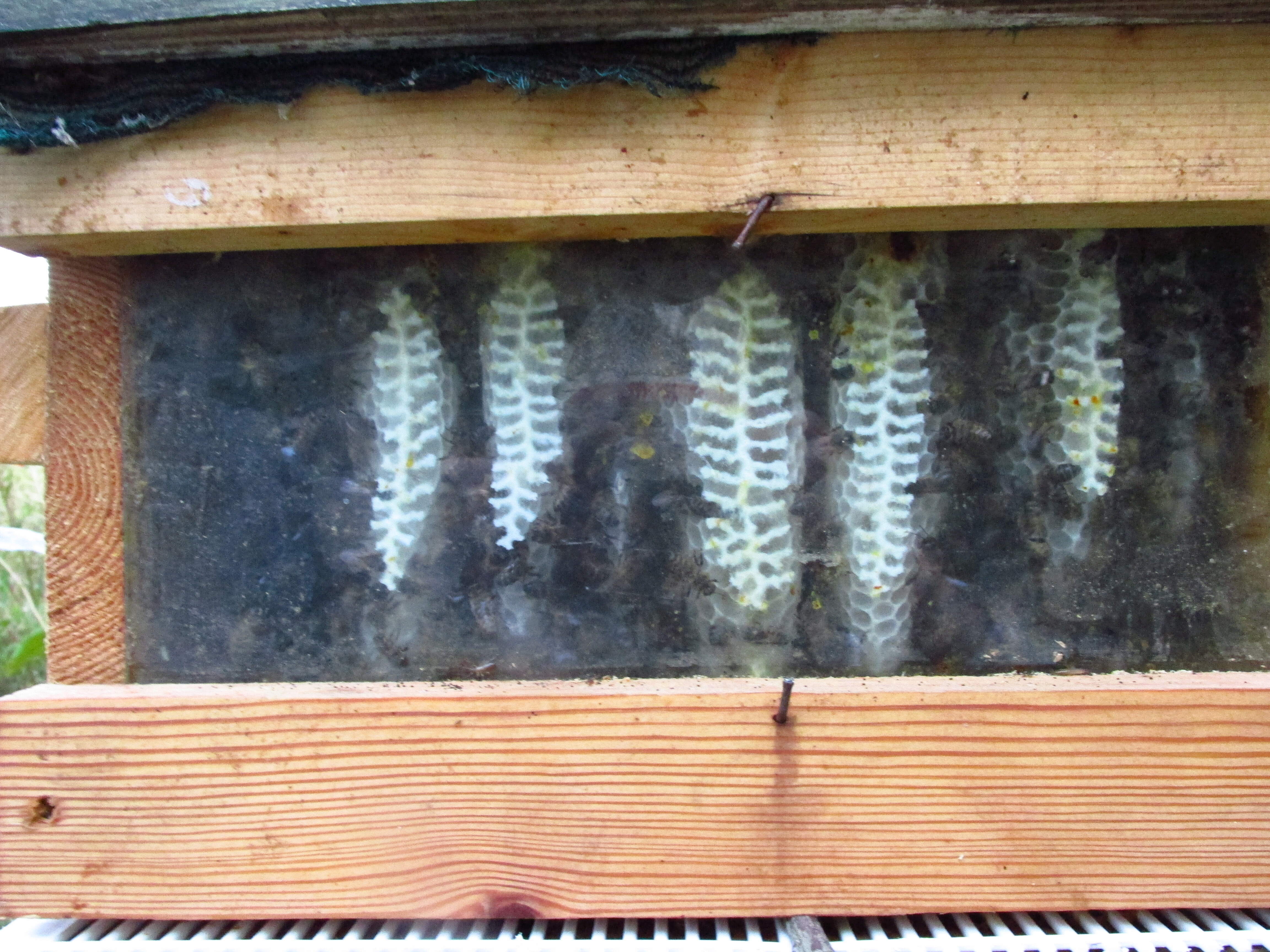
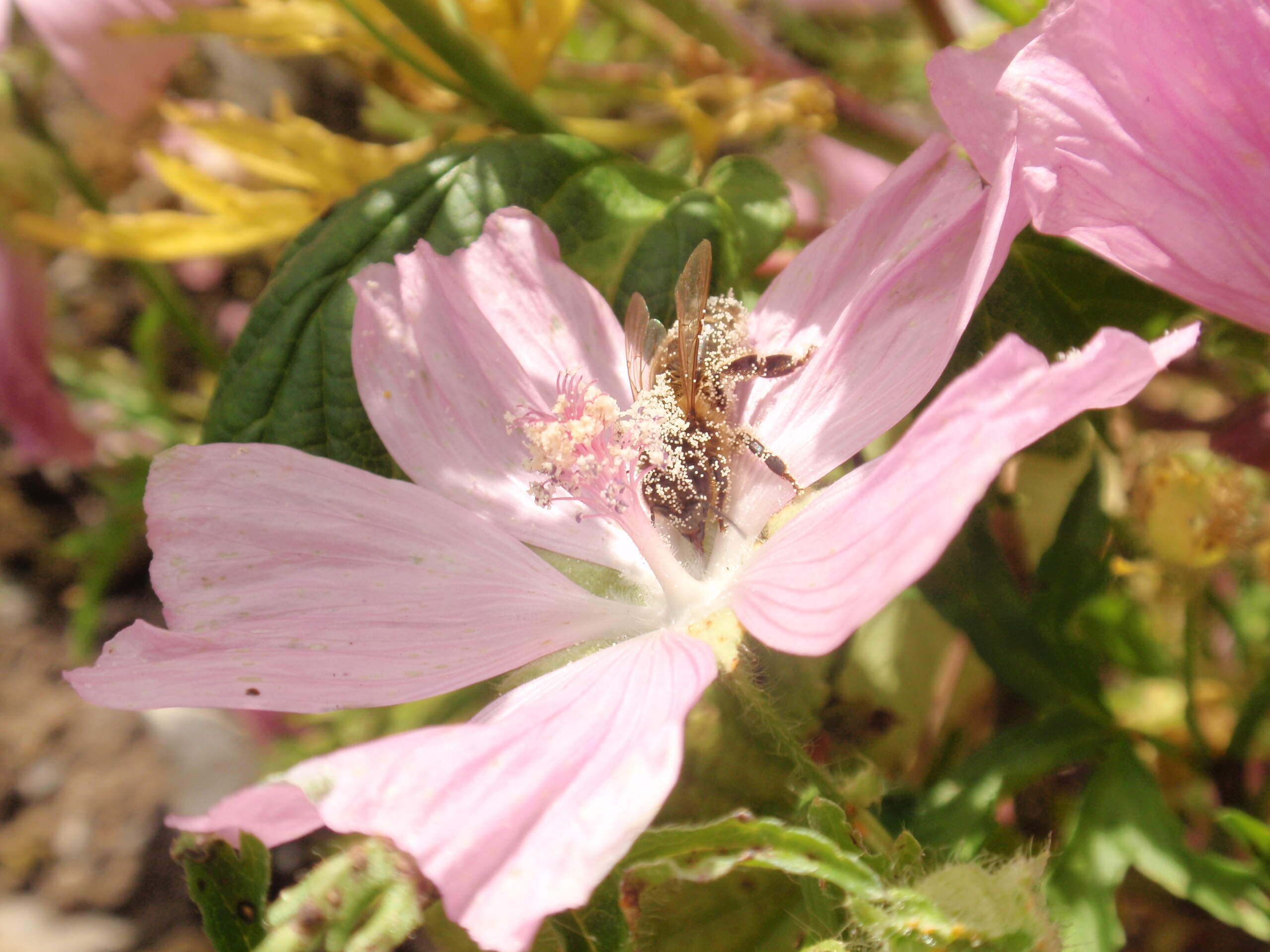
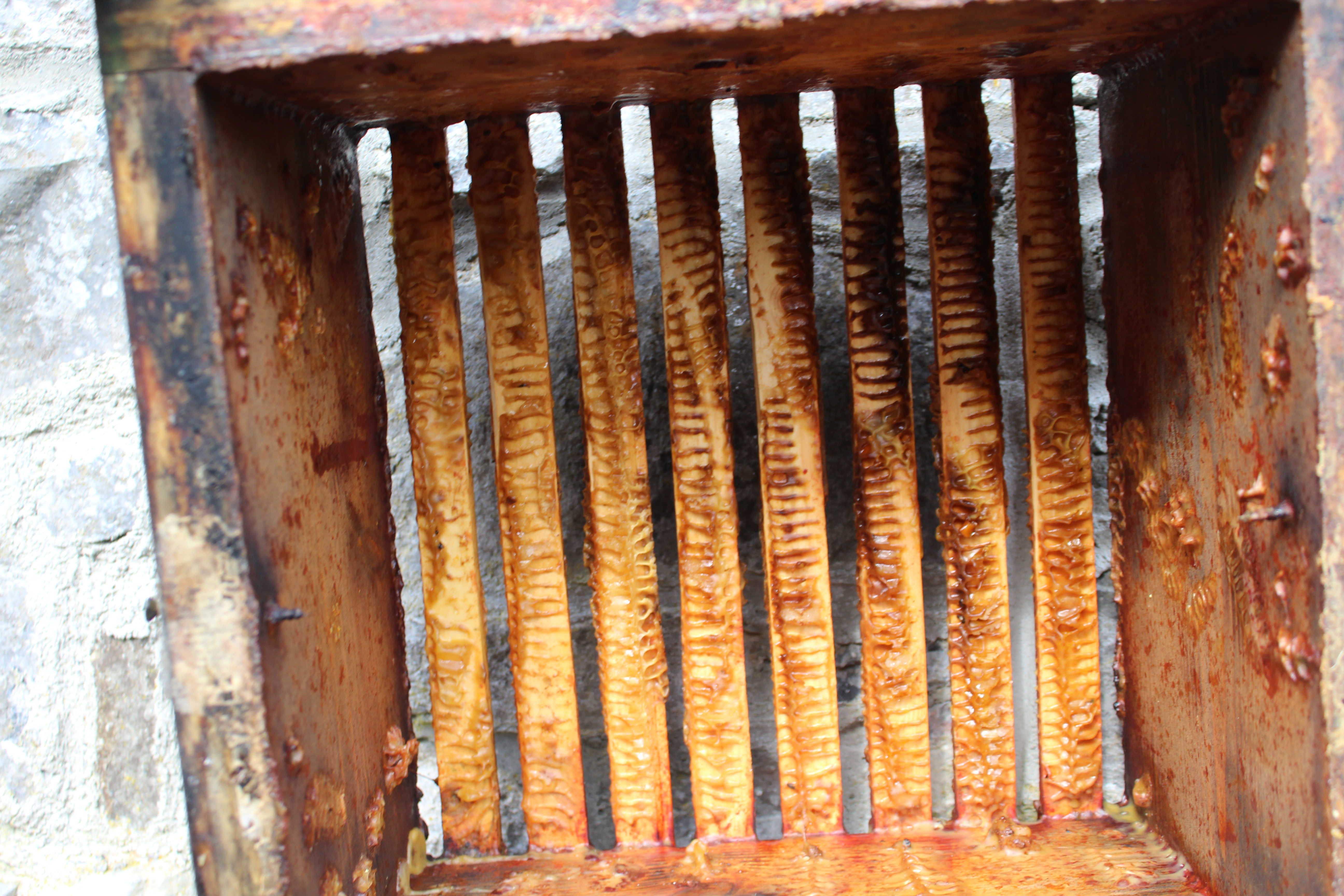
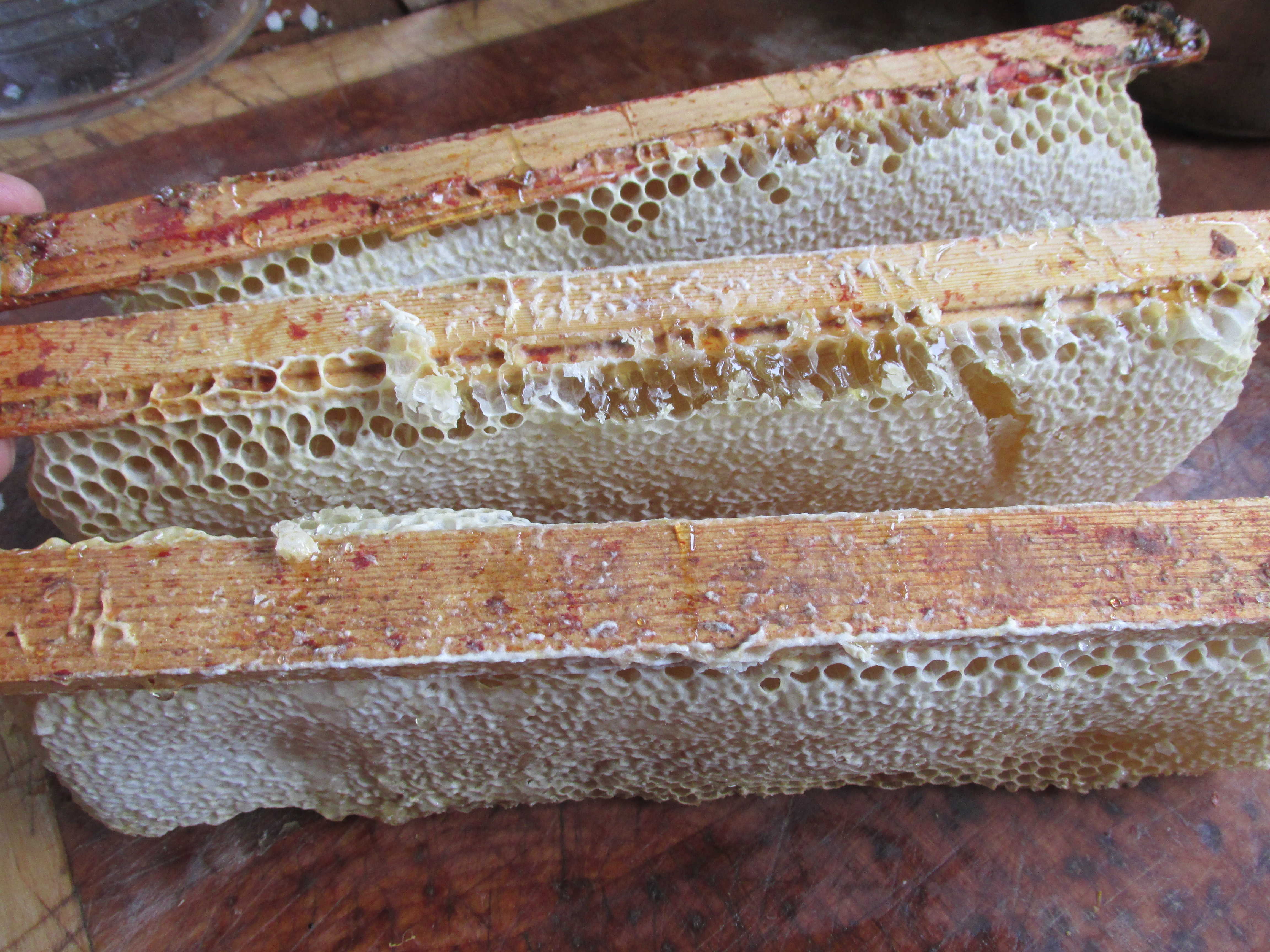
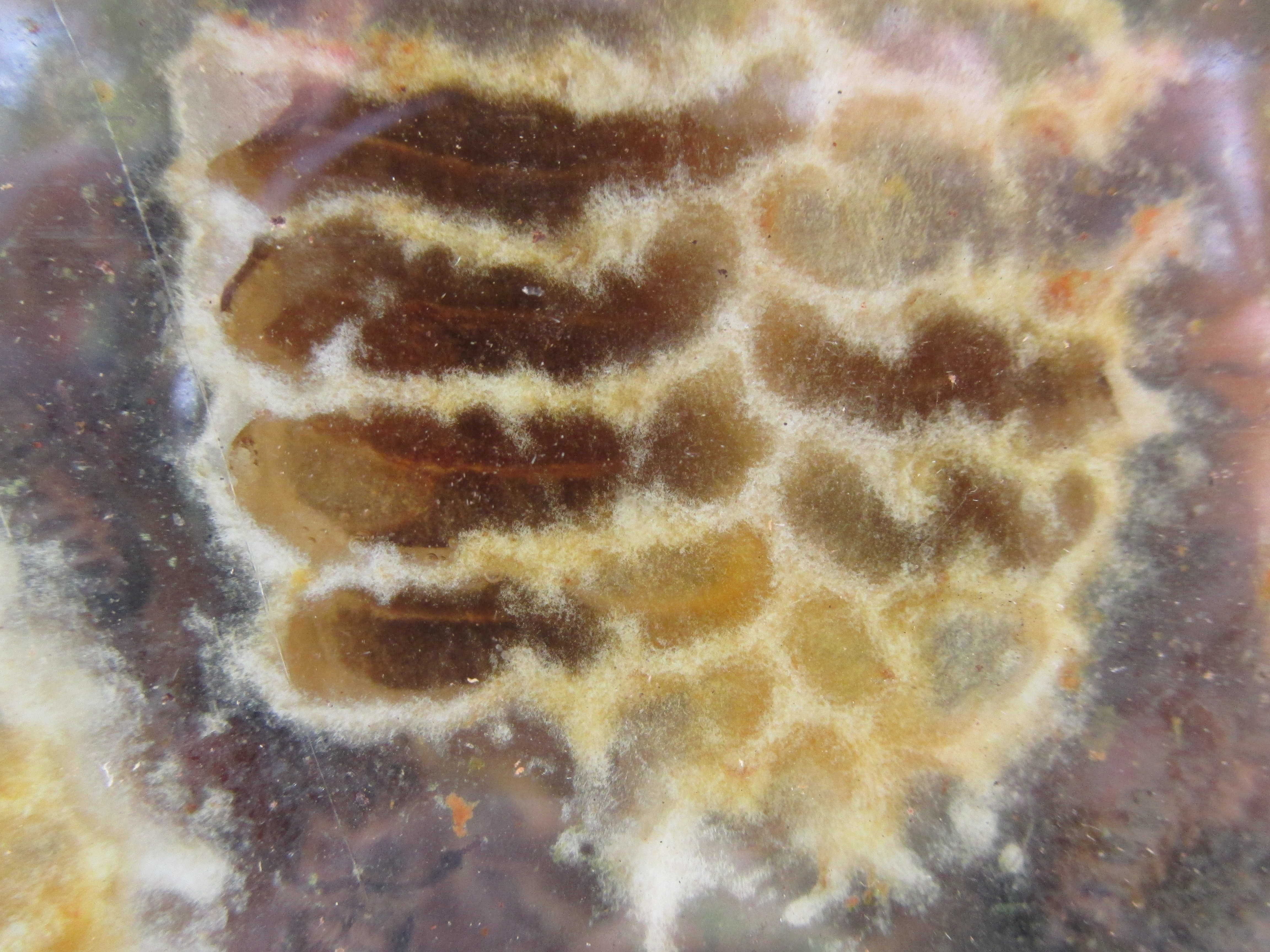
Warre Hive in March
Warre Hive during the Summer flow
Testing For Quiet Bees